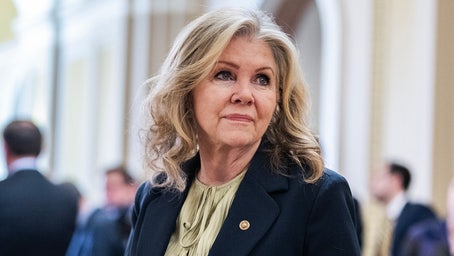British darts player Deta Hedman has made headlines after refusing to play against transgender opponent Noa-Lynn van Leuven, sparking a fierce debate about the role of transgender athletes in women's sports.

British female darts player Deta Hedman has sparked controversy by withdrawing from a match against transgender competitor Noa-Lynn van Leuven, citing concerns about unfair advantage. The incident, which occurred at the Denmark Open over the weekend, has reignited a heated debate about the participation of transgender athletes in women's sports.
Hedman, a seasoned darts player, was scheduled to face van Leuven in the quarterfinals of the tournament. However, she abruptly withdrew, forfeiting the match and causing a ripple of shock through the darts community.

In a statement released on social media, Hedman explained her decision, stating that she "would not play a man in a ladies event." She emphasized that her withdrawal was not due to illness, and she declined any compensation she may have lost.
"This subject is causing much angst in the sport I love," Hedman wrote. "People can be whoever they want in life, but I don't think biological born men should compete in women's sport."

Van Leuven, who identifies as a transgender woman, has faced criticism and backlash since transitioning and competing in women's darts events. She eventually lost to Beau Graves in the semifinals of the Denmark Open.
The incident has brought to the forefront the complex issue of transgender participation in sports. Supporters of van Leuven argue that she should be allowed to compete in women's events, as she has legally transitioned and meets the eligibility criteria set by the Professional Darts Corporation (PDC).
However, opponents like Hedman contend that transgender athletes may have an unfair biological advantage over cisgender women, particularly in sports that require physical strength and athleticism.
The PDC has a transgender participation policy that aligns with the International Olympic Committee (IOC) guidelines. The policy requires transgender female competitors to have a testosterone level below 10 nanomoles per liter for at least 12 months, and their gender identity must not have been changed for at least four years.
The IOC also advises sports organizations to consider whether transgender female athletes have a "disproportionate advantage" that needs to be mitigated. However, the IOC does not outright ban transgender athletes from competing in women's events.
The debate surrounding transgender athletes in sports is likely to continue, with no easy answers. As the issue becomes increasingly prevalent, sports organizations will need to carefully weigh the concerns of both cisgender and transgender athletes, ensuring fairness and equality in competition.










